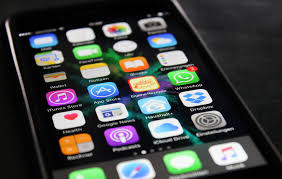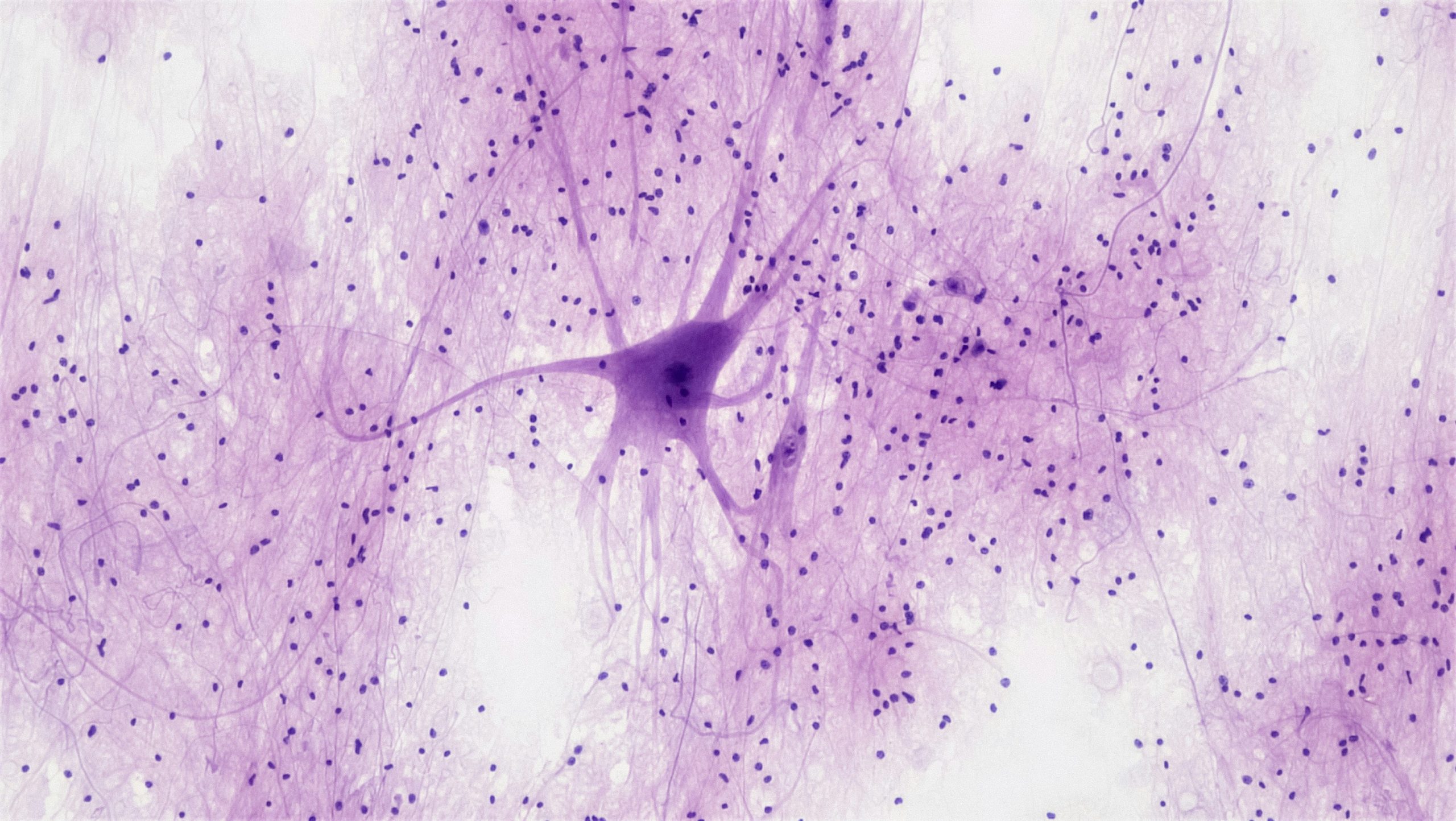by Isabella Kwiecinski, Year 12, Lady Margaret School, London.
Growing up when I thought of the future I thought of holograms and flying cars. To me that was how science was going to progress in the future and in my eyes I was soon going to be taken to school in some form of spacecraft. My childish ideals of the future of science may not have been too far fetched, after all, we may not have holographic phones yet, but I find Apple’s face recognition both creepy and futuristic enough to satisfy my tech dreams. Whilst pondering the question ‘How Can Science Change The World?’ I instantly found myself drifting back to those dreams of a futuristic city with hover-boards and jetpacks, I was imagining the future of science rather than how science can change the world. So I decided to sit down and think about some of the most current and threatening issues that face our modern society.
I thought about the state of our oceans due to plastic pollution, the threat of losing the Maldives to climate change and a rising sea. I thought about world hunger and those living without access to clean water and basic sanitation, and of the threat of nuclear warfare. But I kept coming back to one issue, in particular, cancer. A much closer to home threat for a teenager living in London, and for myself especially having lost family to the sickness. Although it may not be the first issue that comes to your mind when you, yourself, try to think up the most crucial threats to society, when you sit back and realise that 1 in 2 of us will be diagnosed with it in our lifetime you may start to see why I chose to write about it. The world of cancer treatment, in my eyes at least, seems to have hit a bump in the long road which is the fight against the disease, with few new developments in recent years, so how can science change the world for those 17 million people diagnosed with cancer annually?
I’ll admit it, a cure for cancer may not be on the horizon for modern medicine, or at least not just yet. But what about computer programmes which can diagnose your cancer for you? In my essay I will be exploring how artificial intelligence holds the future for cancer diagnostics, and how it might just save your life.
Those fearing a robot takeover shouldn’t be worried. I’m not talking about replacing our doctors with robots and our surgeons with machines. I’m talking about artificial intelligence, which is actually quite different from robotics. Artificial intelligence is capable of diagnosing possible cases of skin cancer to a higher degree of accuracy than a practitioner. Scientists have been training complex computer algorithms to react as a dermatologist would to different photos of possible cases of skin cancer, with the aim of it determining if the case at hand is cancerous or not. The dream is that the programme will eventually be released as a smartphone app.
It may not sound like much but the potential for this programme to be released to the general public, and to have it so easily accessible that it can operate from a phone means that more cases of skin cancer will be able to be caught early. Okay, so the possible smartphone app may not directly treat or cure your cancer, but by being able to catch cases early survival rates are highly increased. Take melanoma cases, a type of skin cancer which develops in the pigment-containing cells called melanocytes, if found early, when the cancer is in the localised stage and hasn’t begun to spread to other parts of the body, the 5-year survival rate is 98%, whereas if the cancer is caught late, once it has spread around the body the 5-year survival rate drops to just 23%.
So say goodbye to the days of tediously waiting for a GP to check out that mole on your leg because pretty soon we could have an app for that. That’s how artificial intelligence is going to change the world for cancer patients, take that candy crush.





